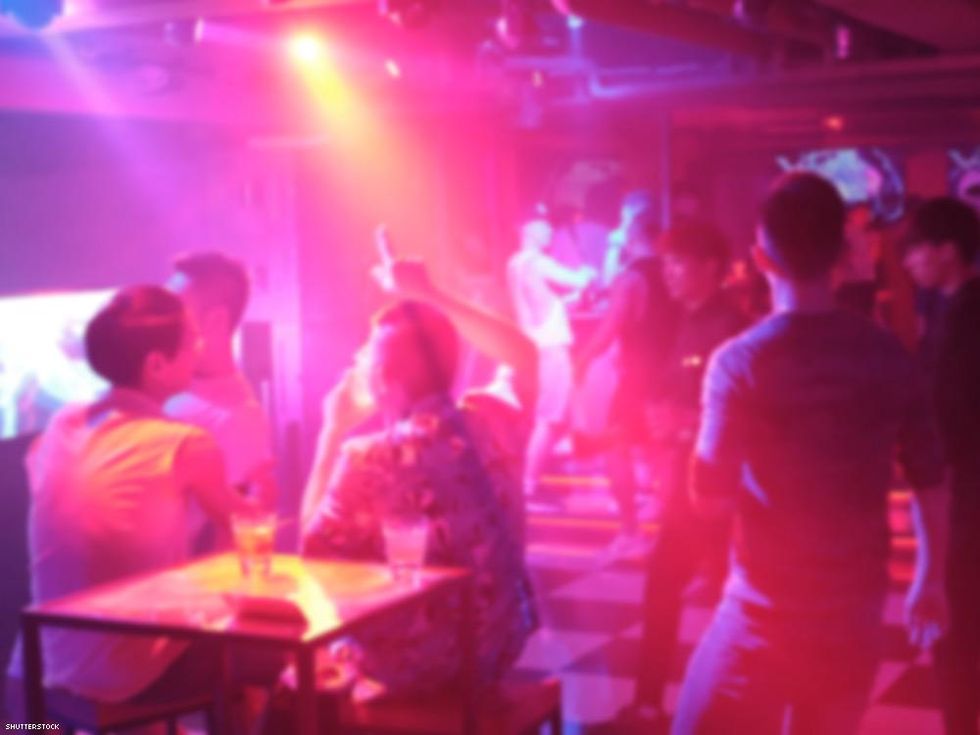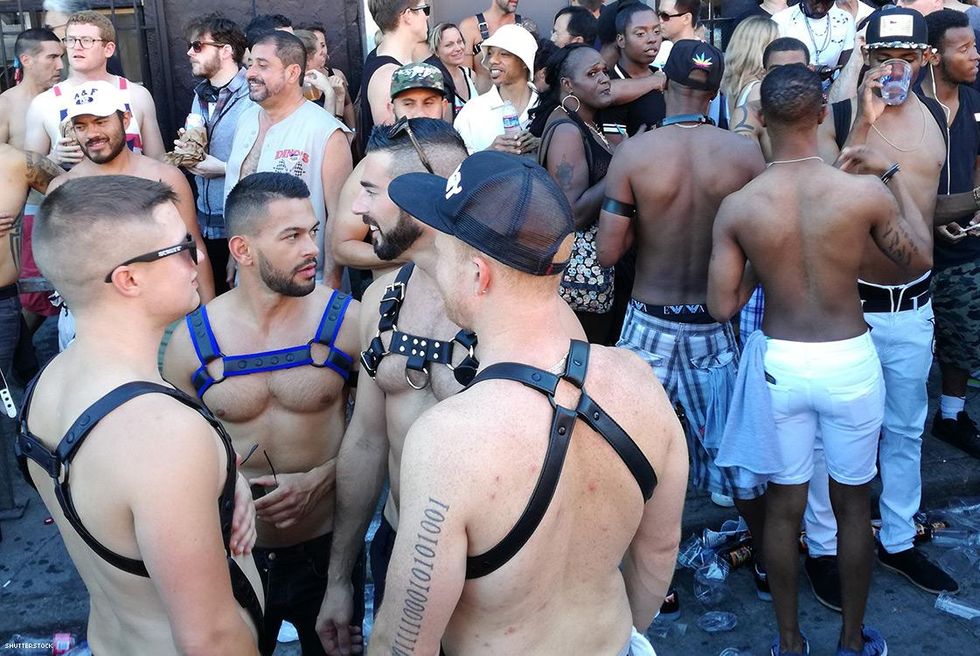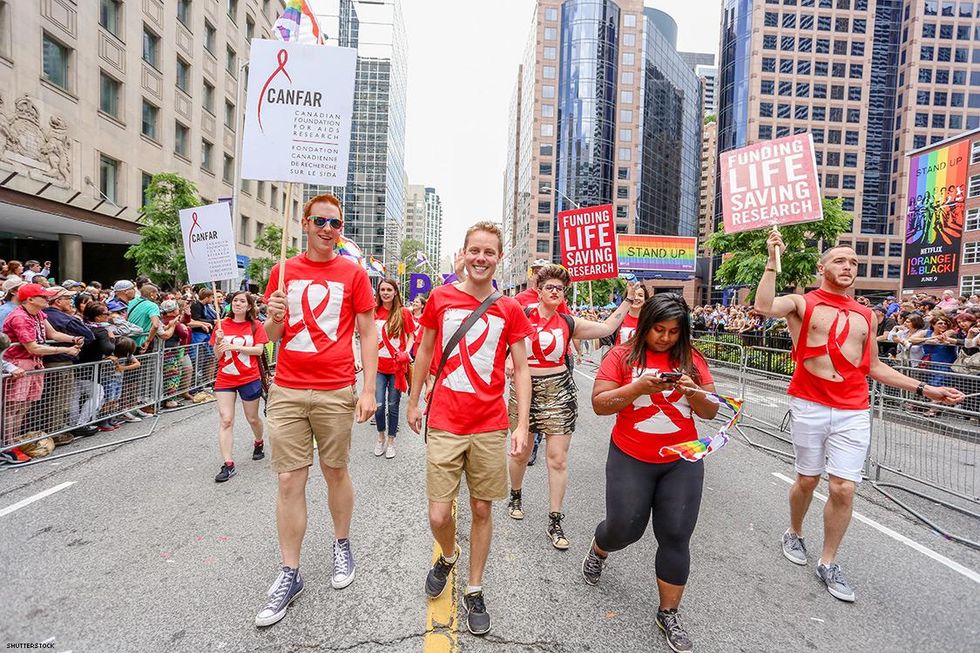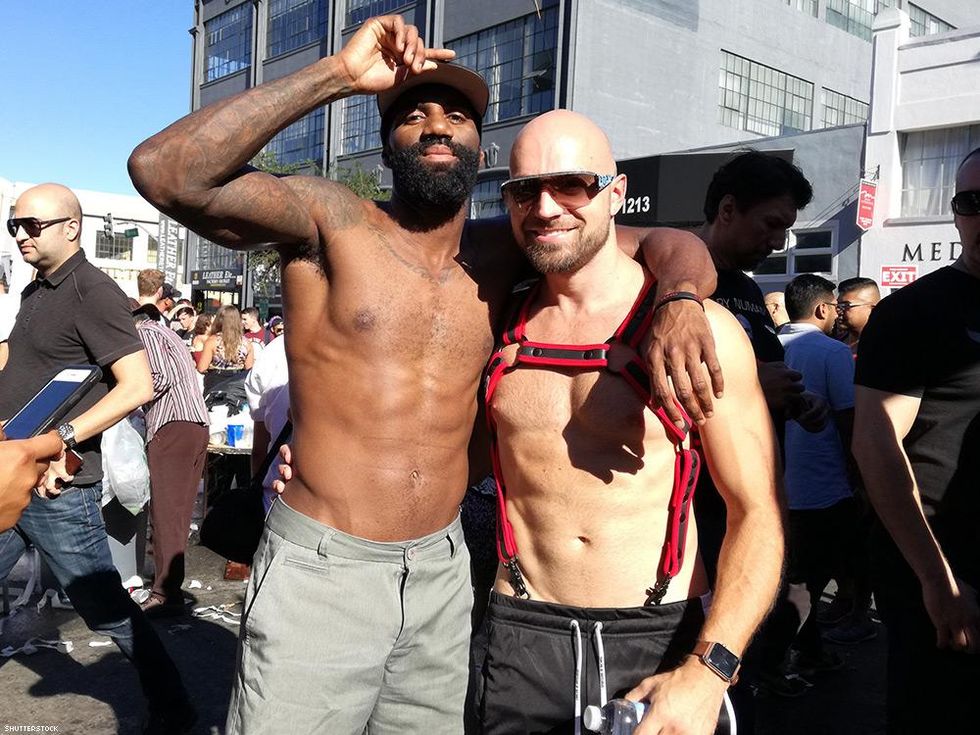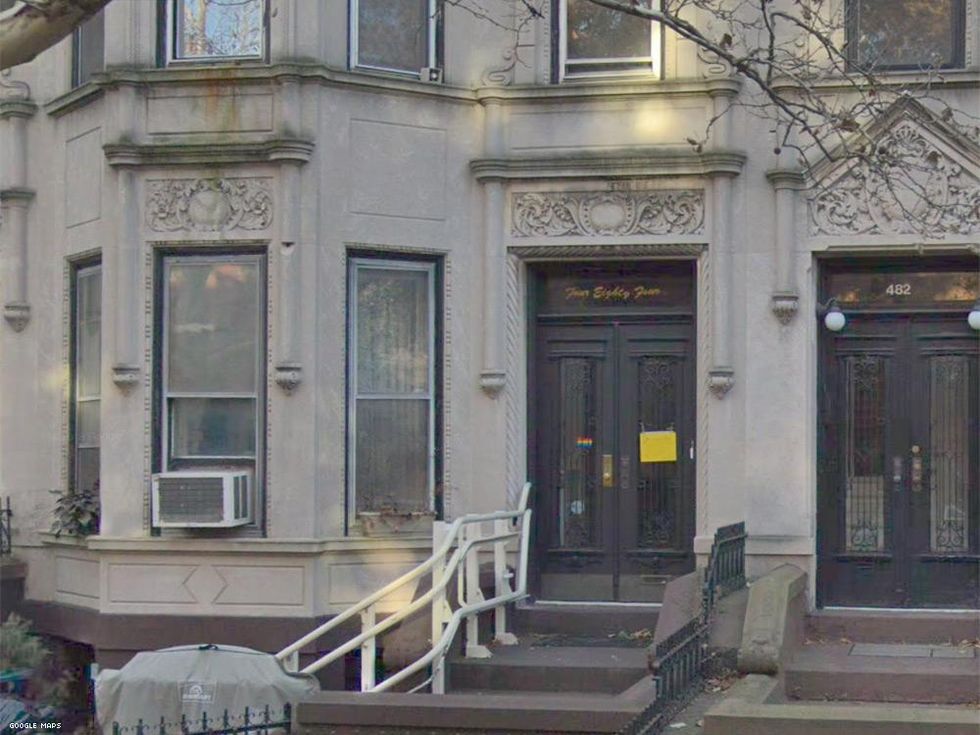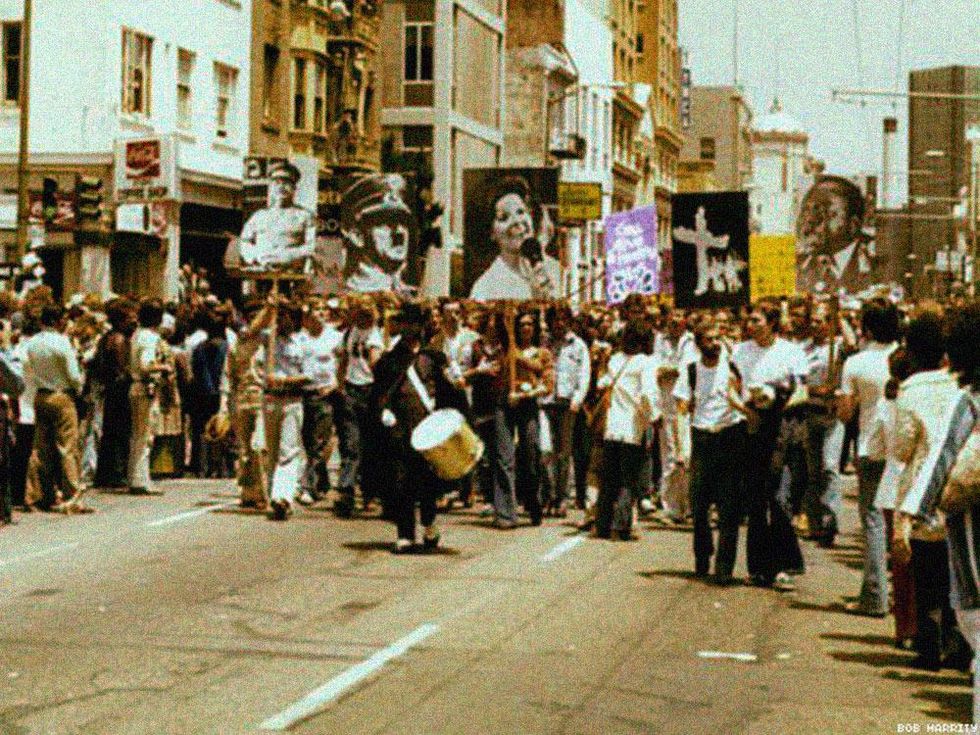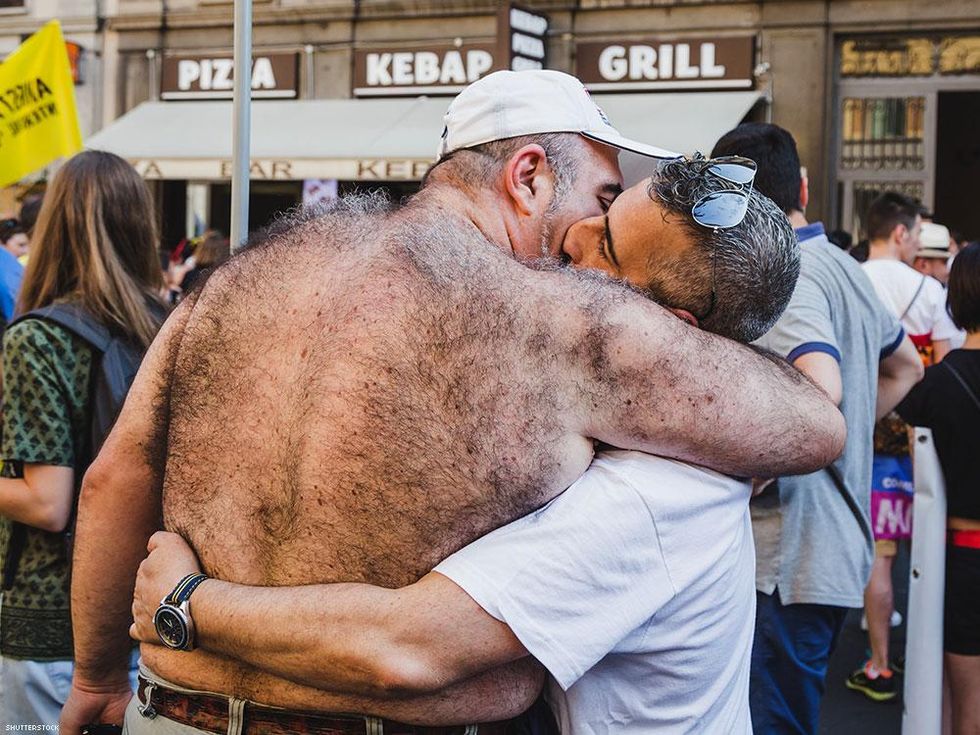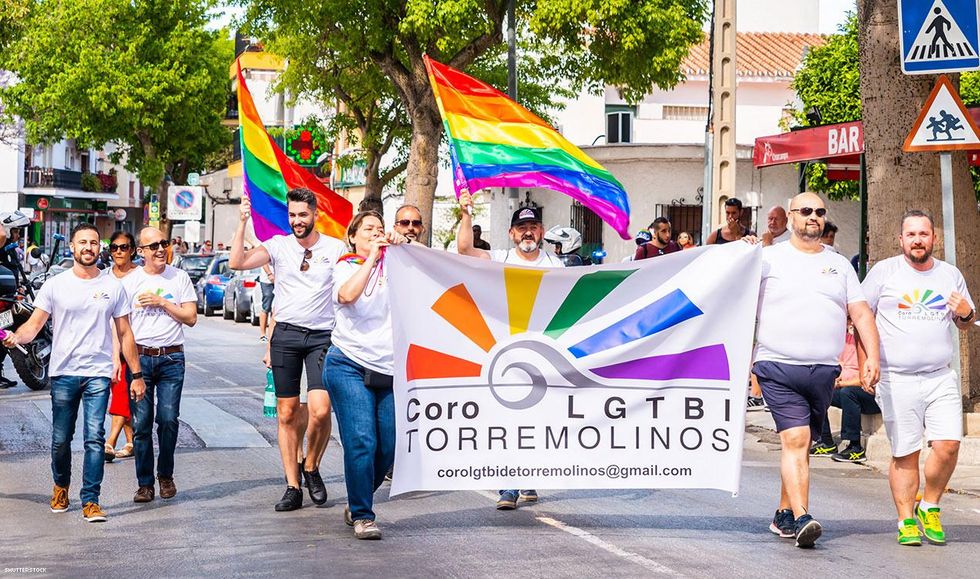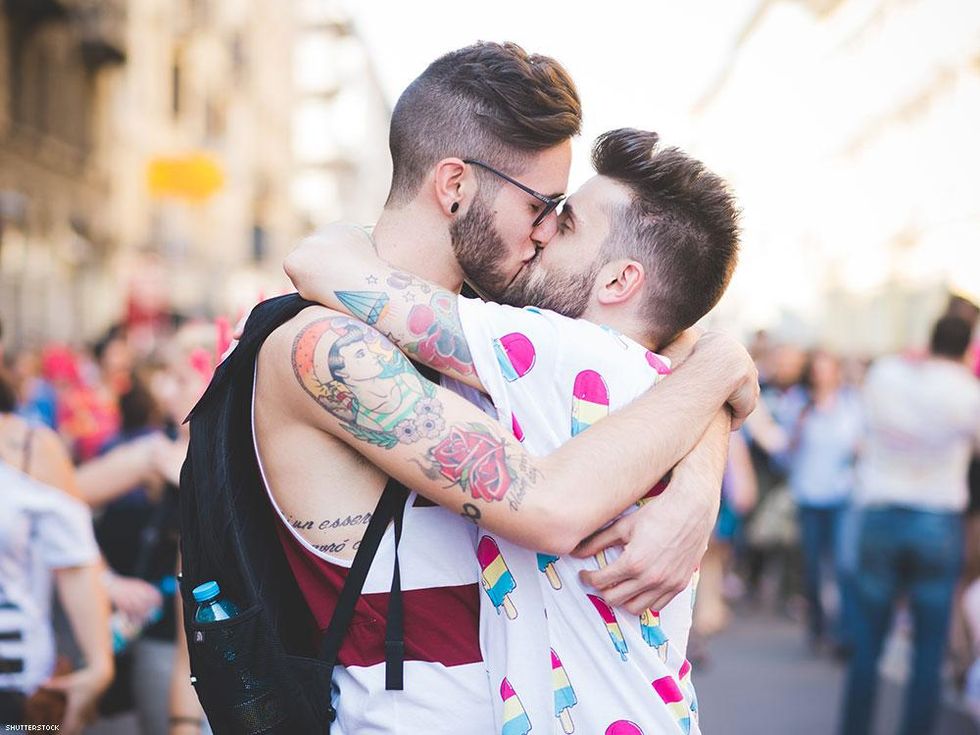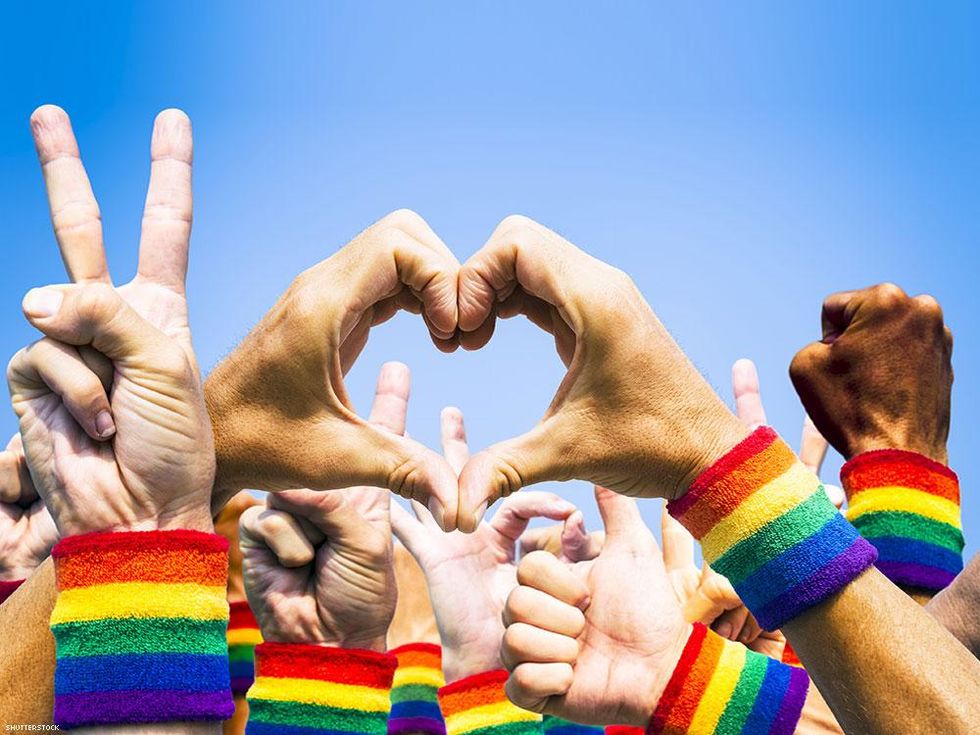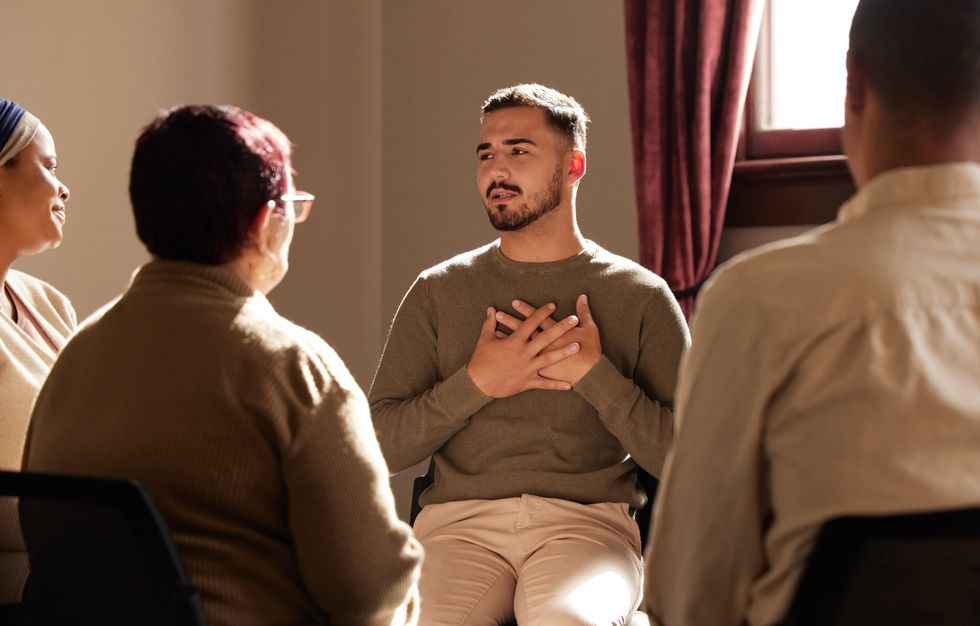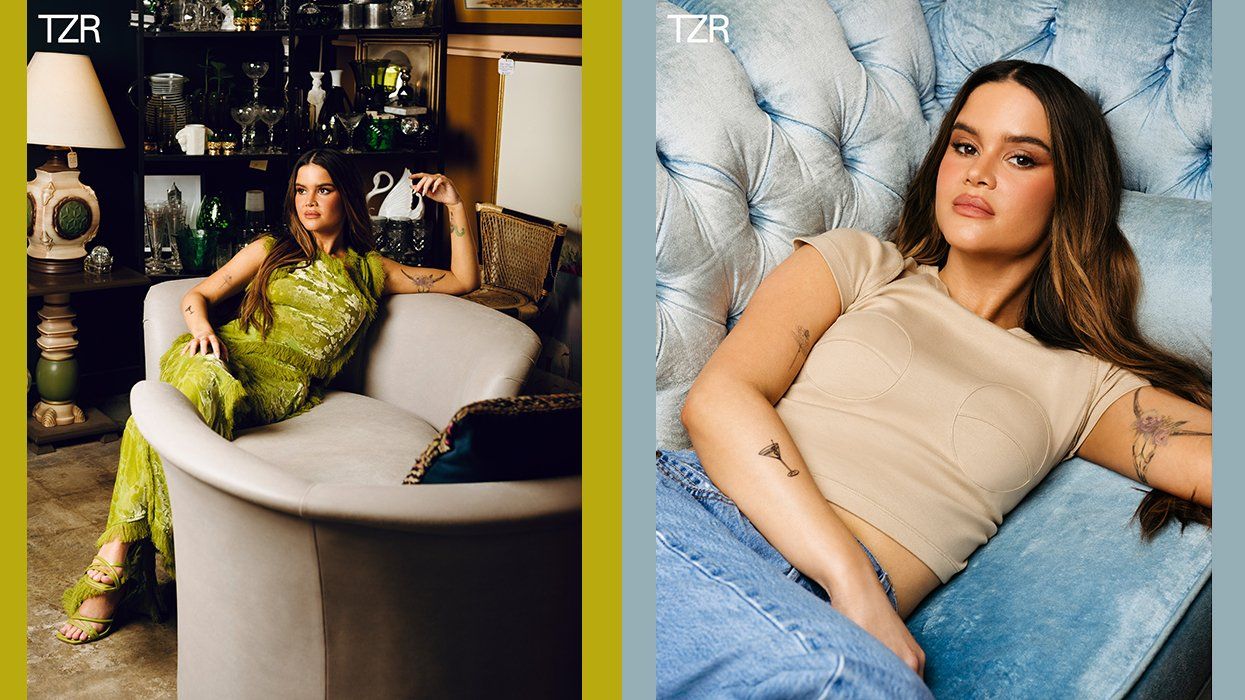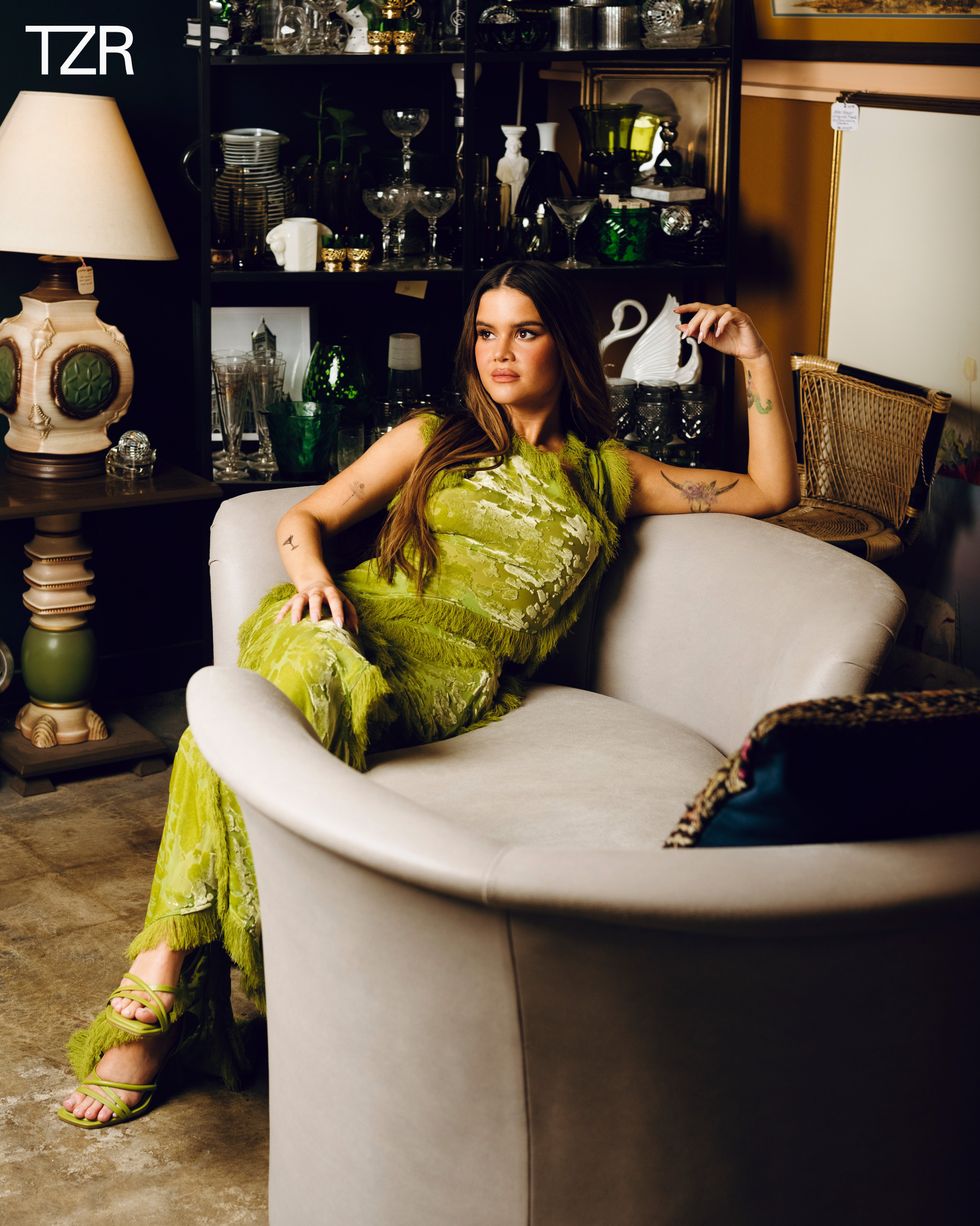What exactly is a "friend of Dorothy?"

For LGBTQ+ people of previous generations, a "friend of Dorothy" is a familiar saying, but for many younger queer folks, the only place where they may have heard the term is that scene in Clueless when Murray tells Cher that her charming, well-dressed crush Christian is a "Disco-dancin', Oscar Wilde readin', Streisand ticket-holdin' friend of Dorothy. You know what I’m saying?"
Well, for those of you who don't know what Murray's saying, here's a little primer course on the classic gay slang!
WWII Code

The phrase has been recorded as far back as World War II, a time when homosexuality was illegal. Along with "Mrs. King," (another euphemism used in the gay community) these two mysterious women became a subtle way for men to signal to each other their true sexuality.
Dorothy Parker

One possibility for who this term may have come from is the wonderful Dorothy Parker, an eccentric and witty writer, socialite, and political activist from the early part of the 20th century.
Married to an openly bisexual man who called himself "queer as a billy goat," the pair wrote and entertained in New York and Hollywood until Parker was blacklisted as a Communist during the McCarthy era for her Civil Rights push. She welcomed many queer people into her circles, and on her death, left her estate to Martin Luter King Jr.
The Oz Books

The most likely candidate for whom the term originates from, though, is none other than Dorothy Gale.
Upon first publication, the Oz books were a sensation of their own inspiring musicals, plays, and movies even before the 1939 MGM epic. They were a blockbuster sensation before blockbusters were a thing. And they were really queer. The books are full of strong woman in close relationships with each other, gender bending princes, and more. In 1906's Road to Oz, Polychrome (literally the Rainbow’s daughter, although that’s pure coincidence as the LGBT rainbow flag as we know it was debuted in the '70s) tells Dorothy "You have some queer friends, Dorothy." And our plucky young heroine replies, "The queerness doesn't matter, so long as they're friends!"
The Wizard of Oz

The movie certainly can’t be ignored in this story.
MGM's The Wizard of Oz is a classic behemoth cof a film. The movie is a brightly colored explosion of songs and beautiful, iconic costumes. Nearly every line can be quoted and instantly recognized. Pair that grand decadence with a story line about loneliness and not fitting in, with heartfelt songs about going "Somewhere Over the Rainbow" to find where you belong, away from a drab life...is it any wonder it resonated with the queer community?
Judy Garland

Then Dorothy herself became an icon of the queer community. While many criticized her for being "too old" to play the bright-eyed little girl of Baum’s novels (possibly aged up to include a romance that never made it to the screen) no one can deny she left a hell of an impact. The movie launched her from popular to iconic.
A talented musician who kept the company of queer people and frequented queer bars, Judy was ripe to be not just an icon, but a gay icon. Her roles and reputation lead well into the camp aesthetic of the gay community, and her overcoming of a not-so-great life to become such a flamboyant success was inspiration to a community kept in shadows and shame in middle of the century.
While it was about so much more, many, including Sylvia Rivera herself, noted that the Stonewall Riots happening early morning on the night of her funeral was not coincidence, that the feeling of mourning brought something to the air that night. "I guess Judy Garland’s death just really helped us really hit the fan."
Navy Commission

In a hilariously depressing show of how ass-backwards we use to be, in the early '80s when the openly gay sailor Mel Dahl applied for a promotion in the Navy and let them know, once again, that he was gay...they freaked out. In the following legal battle, Dahl pointed out that there were LOTS of gay men at his base who were just much quieter about it and the Navy freaked out MORE.
This lead to an expensively wasteful investigation where the Navy worked to spy on gay bars and out all their gay seamen. When they noticed how many gay men referenced a mysterious "Dorothy" they were all friends with, the focus shifted to find her. Obviously, this Dorothy could just be convinced to tell them who all was gay.
Needless to say, they didn’t find Dorothy. However, eventually they did find and kick out hundreds of gay soldiers, wasting millions of dollars in the process.
Cruise Ships

One of the last places the use of "friends of Dorothy" still persists strongly is the cruise industry. Possibly because it does lean into an older crowd, gatherings of "friends of Dorothy" still populate many cruise ship itineraries.
But even this is beginning to fade, as many cruise ships shift to more recognized and common terminology as the LGBT community becomes more accepted.

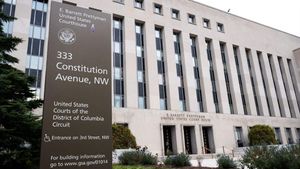



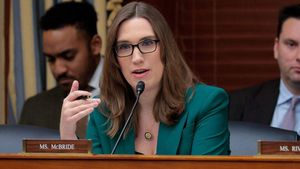
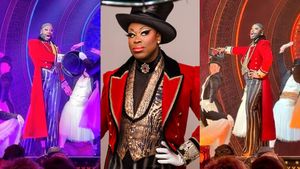







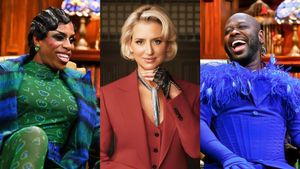

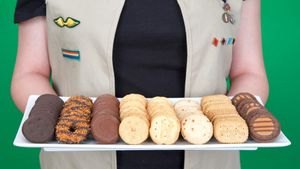





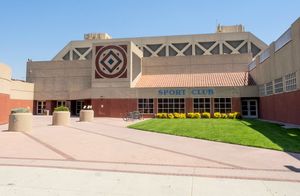







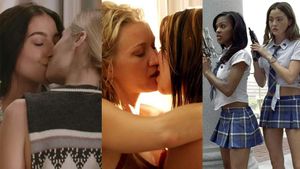



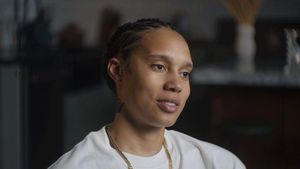






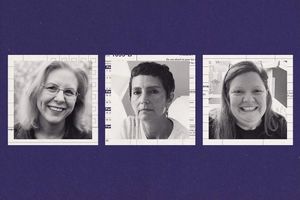


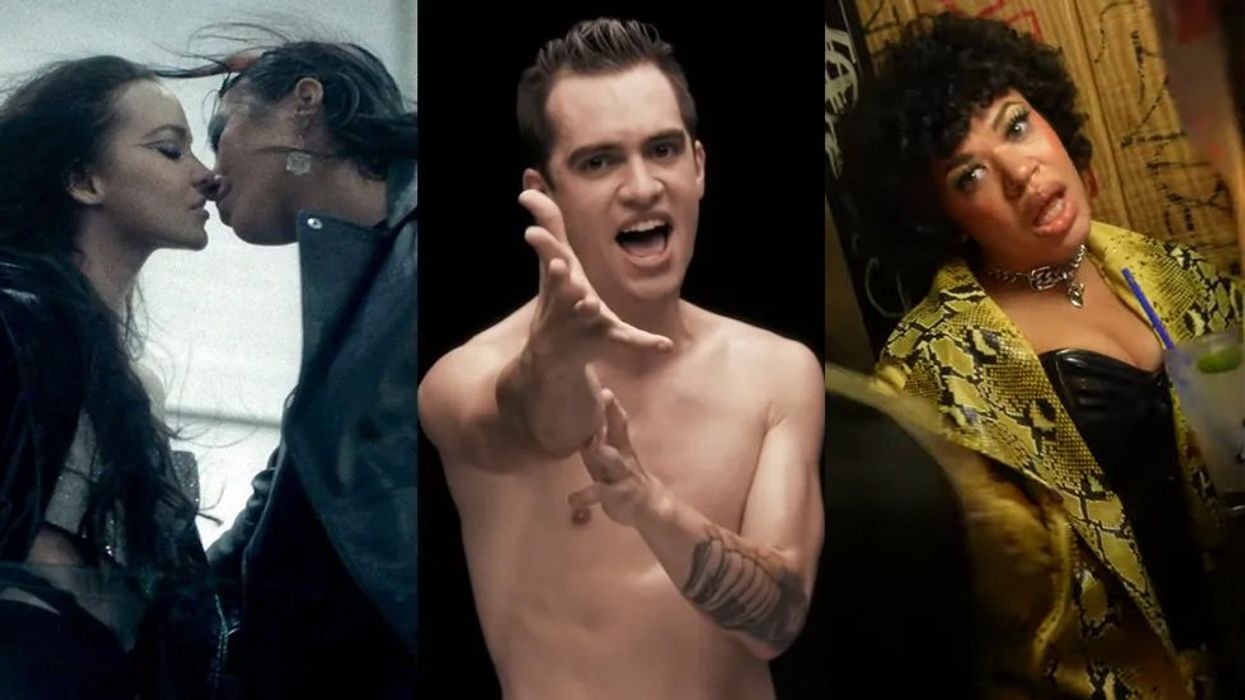
 35 bisexual pop anthems we have on constant repeatYouTube.com/Binoy
35 bisexual pop anthems we have on constant repeatYouTube.com/Binoy








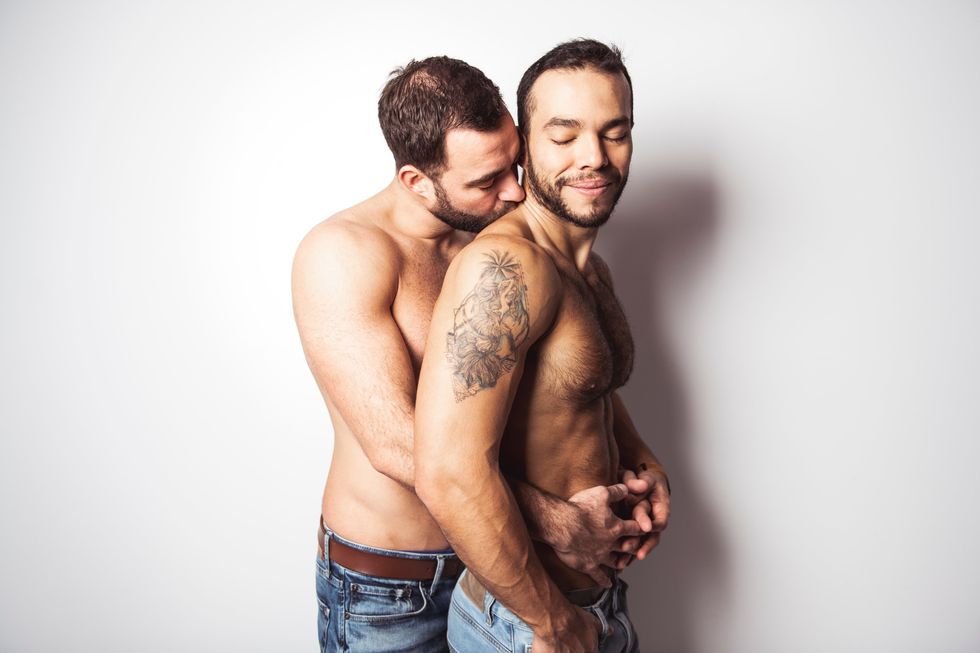
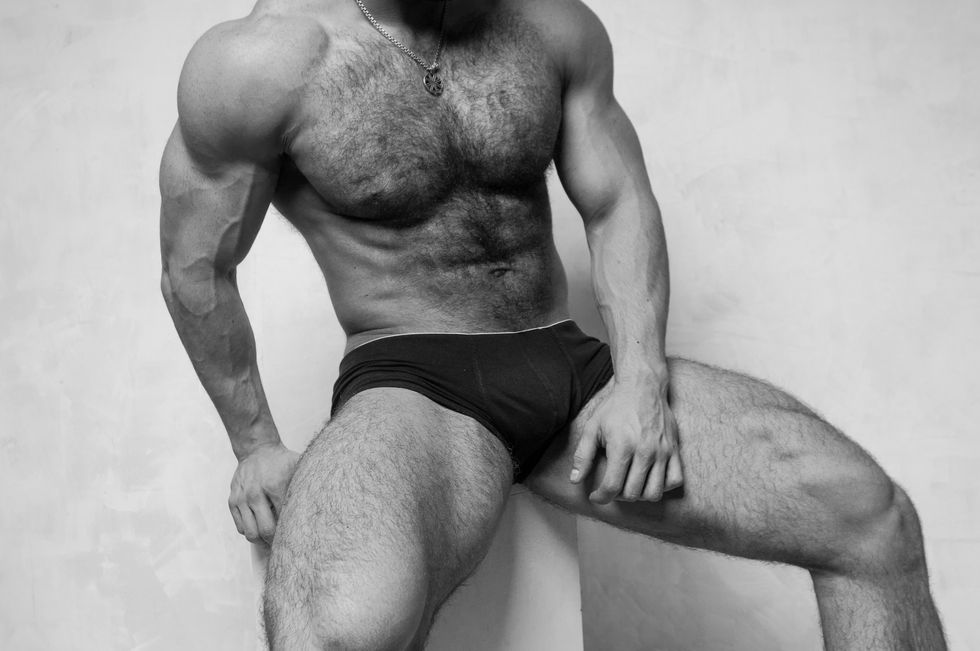
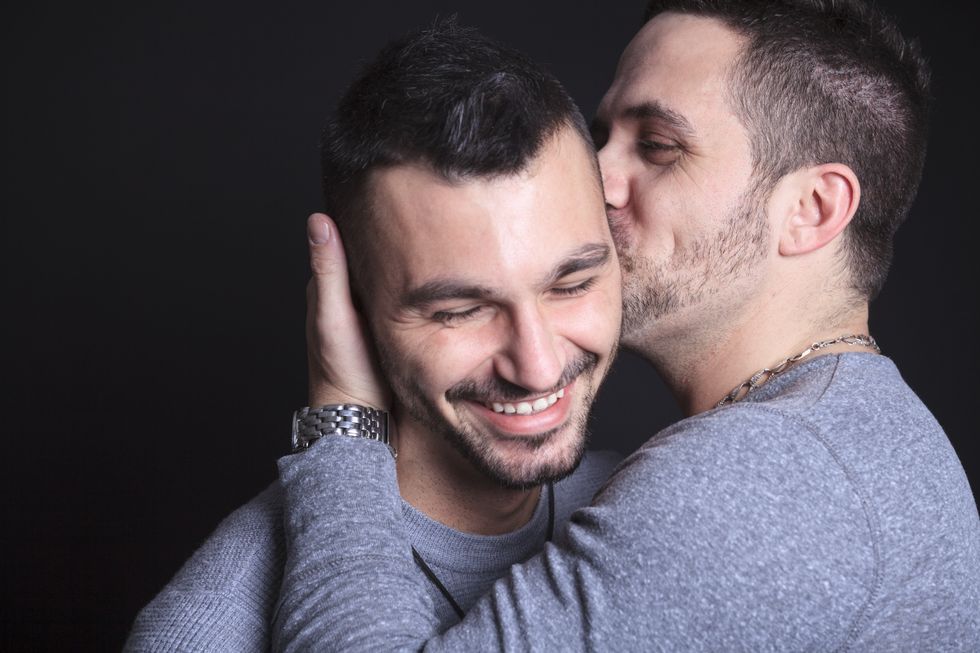



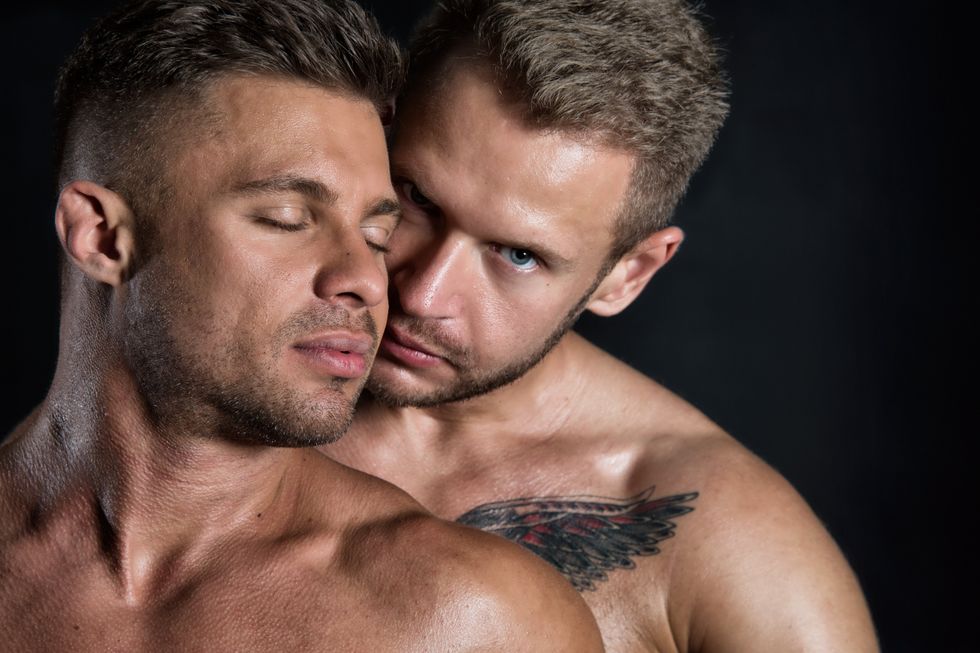


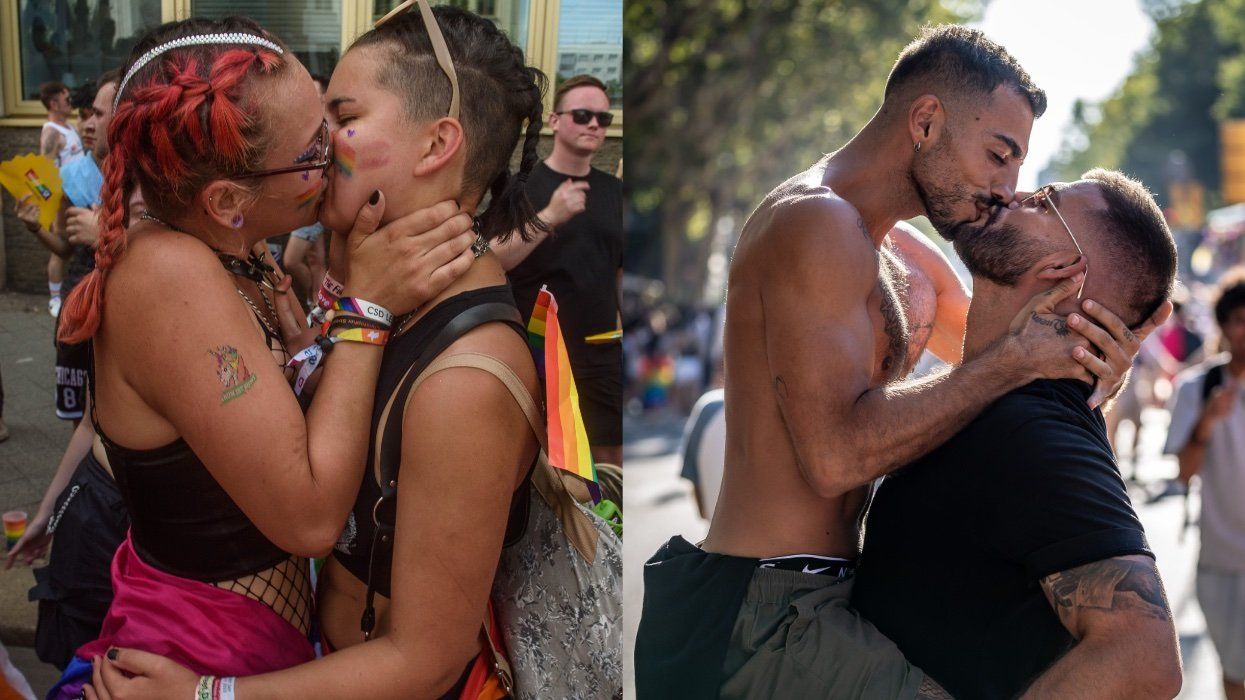
 A couple kisses in the middle of the street during the Christopher Street Day ; Men seen kissing during the 2023 Pride Barcelona Parade.Yerchak Yauhen/SOPA Images/LightRocket via Getty Images; imone Boccaccio/SOPA Images/LightRocket via Getty Images
A couple kisses in the middle of the street during the Christopher Street Day ; Men seen kissing during the 2023 Pride Barcelona Parade.Yerchak Yauhen/SOPA Images/LightRocket via Getty Images; imone Boccaccio/SOPA Images/LightRocket via Getty Images